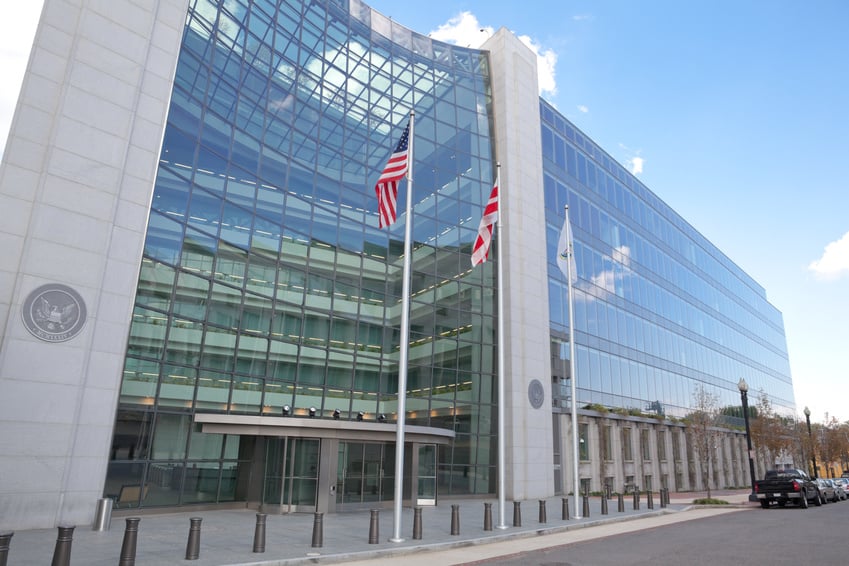Acting with other US regulators, the Commodities Futures Trading Commission (“CFTC” or “Commission”) recently issued two consent orders (“CFTC Orders”) and filed a complaint (“CFTC Complaint”) alleging fraud and false, misleading, or inaccurate reports relating to voluntary carbon credits (“VCCs”). As noted by CFTC Director of Enforcement Ian McGinley, “[these actions] demonstrate [the CFTC’s] commitment to vigorously fight frauds in its markets, whether long-established or new and evolving, such as the carbon credit markets.” These are the first CFTC actions for fraud in the VCC market, and closely follow the CFTC’s recently published final Commission Guidance Regarding the Listing of Voluntary Carbon Credit Derivative Contracts (“Final Guidance”).
The last thirty days in September, the end of the US federal government’s fiscal year, is generally an important time to analyze enforcement activity by the US Securities and Exchange Commission and the US Commodity Futures Trading Commission. In this short video, Baker McKenzie Partner Peter Chan, a former SEC Assistant Director of Enforcement, provides his insights regarding the importance of the timing of some of these enforcement actions.
In this update, we take high-level review of major issues faced by private fund managers investing across the globe. In August and September, private fund managers with U.S. investors faced the broadest expansion of SEC regulation since Dodd-Frank, while European managers worked through the details of ESG reporting. Enforcement continued to be laser-focused on digital assets (but courts didn’t always agree with them), Finfluencers, custody and marketing, while new employment and privacy requirements raised unique issues for asset managers.
To close out 2022, US states passed a range of rules broadly applicable to all businesses, while global regulators took steps to regulate ESG and crypto-assets comprehensively. While the digital asset industry bore the brunt of enforcement, regulators will give private equity, real estate and hedge fund managers much to think about in 2023.



